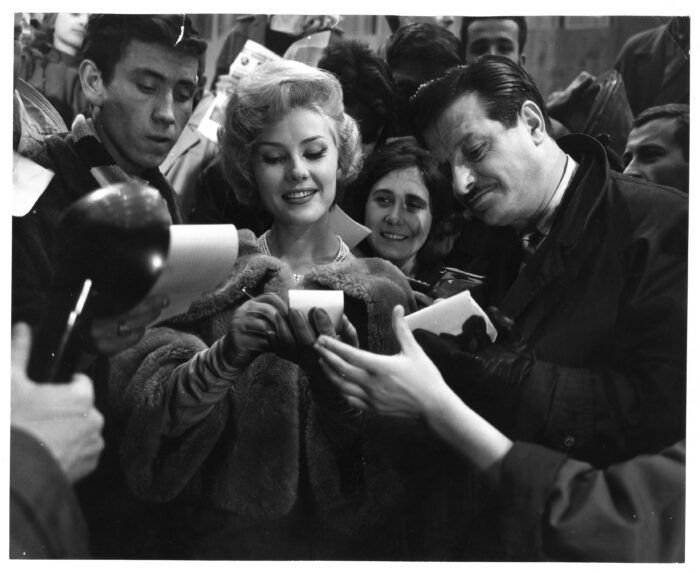Croatia is the most complete film culture of all countries that once formed the Yugoslav SFR – and it was so already back in Tito’s days. Strong fiction features everybody had on offer, some many some few, but all with a certain reliability and regularity; documentaries, then, everybody might have produced, but it were mainly Croatia and Bosnia that developed robust structures for non-fiction shorts to truly blossom. When it comes to animation and avant-garde cinema, though, Croatia towers pretty much alone over the rest of the Republic – again, it’s not as if there weren’t any activities of these kinds in other parts of the country (Serbia in particular for experimental works), but nobody else set up similar organisational frameworks that guaranteed a continued quality production. Which is important to mention here, as our little selection might be focused on fiction features – but influences of the other approaches and forms are plainly visible in several of the films, not the least because auteurs like Vatroslav Mimica were masters of several disciplines, while for Nikola Tanhofer, cinema was seemingly one gigantic, on-going experiment; for eccentric-polymath Zvonimir Berković, finally, it was above all an obsessive pastime.
The Sixties were an obvious era to focus on, as there was so much happening – so many debuts of consequence, so many firsts in terms of genre or simply technique! Okay, we start in ’59, but rules are there to be toyed around with, especially when they help the cause of Veljko Bulajić, one of the dozen or so true grandmasters of big scale filmmaking worldwide, whose ability to manage masses and narrate stories through their movements is evident already in his debut feature Train without a Timetable, a tale of the stubborn and glorious surrection of a new nation after the ravages of WWII.
From the realm of neorealismo with Socialist aspects, we move on to the sphere of fantasy and allegory with Nikola Tanhofer’s Happiness Comes at Nine o’Clock (1961) in which the citizens of a town not unlike the one in Bulajić’s film have to find out that everything has a prize… Marijan Vajda’s Seki’s Rolling, Watch Out! (1962), then, is a very particular piece of pop(ular) art: a somewhat unhinged mix of meta-movie, comedy, football film and šlager-rock-cavalcade that was back then called the worst film in Yugoslav history, but looks today like a milestone of people’s surrealism – a perfect example of accidental avant-garde.
From the giddy, gregarious, and eccentrically personal we move on to the wistfully serene melancholia of Vatroslav Mimica’s headtrip Monday or Tuesday (1966), in which the protagonist’s conflicted feelings and thoughts are expressed through constantly changing aesthetics (incl. animation, of which Mimica was a paragonal figure). With Zvonimir Berković’s debut Roundabout (1966), we find ourselves at the opposite aesthetic as well as political end of the proposition made by Train without a Timetable: in a purely bourgeois world of discrete, amorous affairs conducted like a game of chess – an interior space all style and symbols, refined, elegant, elegiac, and somehow a different time and country.
Olaf Möller
